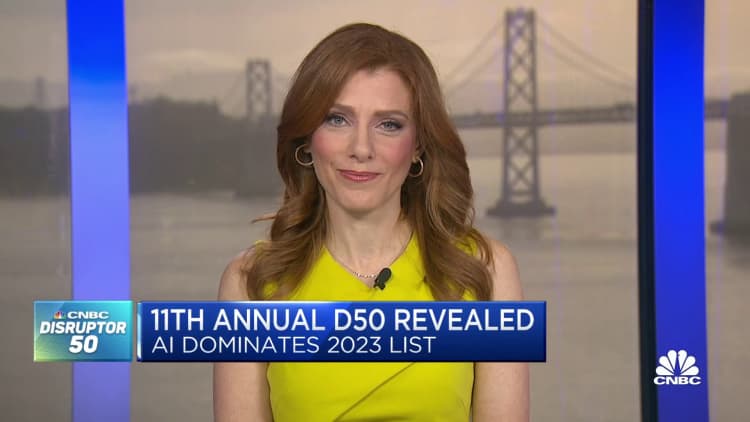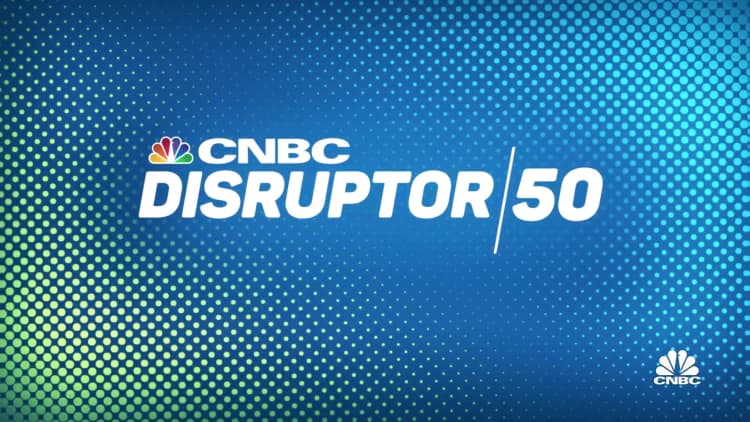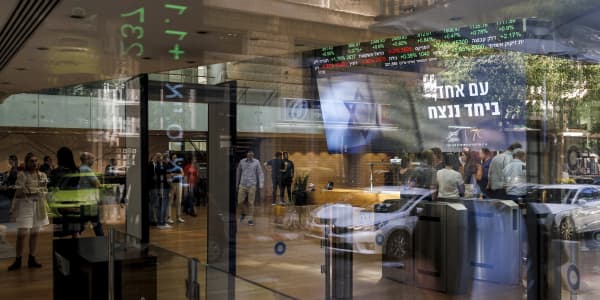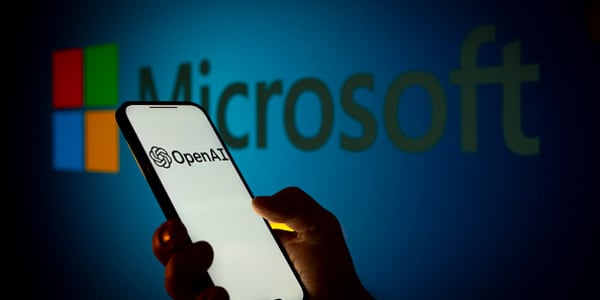Founders: Sam Altman (CEO), Greg Brockman, Ilya Sutskever, Wojciech Zaremba, John Schulman, Elon Musk
Launched: 2015
Headquarters: San Francisco
Funding: N/A
Valuation: N/A
Key technologies: Artificial intelligence
Industry: Enterprise technology
Previous appearances on Disruptor 50 List: 0
Since launching ChatGPT in November, OpenAI has quickly become a household name. Its generative AI chatbot ChatGPT can converse on almost anything and has become a viral sensation. Within a month of release, more than a million people were testing it out enthusiastically to write emails, come up with recipes, articles, school book reports, stories and everything in between.
"I do think we are deep into a new technological wave and this is, I think, the biggest one in a while," said OpenAI CEO Sam Altman in an interview last week with CNBC.

OpenAI started as a nonprofit in 2015 with big-name backers such as Altman, Elon Musk, Peter Thiel, Amazon Web Services, Infosys, and YC Research pledging more than $1 billion to the venture. Microsoft came into the picture in 2019 with a $1 billion investment. The tech giant followed up with a multi-billion-dollar investment in 2023, with some reports putting the figure as high as $10 billion. Today, OpenAI is reportedly valued at $29 billion, though the company has not shared total funding or valuation data.
Microsoft's stepped-up involvement is not only financial, it's also opened the doors to distribution. Microsoft has been integrating the technology into Bing, its search engine, as well as its Microsoft 365 bundle and Dynamics 365 sales and marketing tools.
OpenAI is at the heart of the race to integrate AI into everything. Soon after ChatGPT's release, Alphabet released Bard, a competing chatbot, to early testers. Amazon has announced its first language models for developers, while Facebook parent Meta's LLaMa language model leaked online in March. Musk, who left OpenAI's board in 2018, has said he wants to start a competitor to ChatGPT, called TruthGPT.
Besides the heated competition, AI requires massive amounts of investment and computing power. The technology has also spurred lawsuits about plagiarism and copyrights and raised alarms within the tech community about its capabilities to replace human work. Some commentators have argued that AI might pose a threat to humanity. Both Musk and Apple co-founder Steve Wozniak were among those who signed an open letter calling for a six-month AI research halt.
Further complicating OpenAI's outlook is its unconventional corporate structure. The company transitioned from a non-profit to what it called a capped-profit model in 2019. Under the structure, returns for the first round of investors are capped at 100x their investment. OpenAI says it expects "this multiple to be lower for future rounds."
That financial structure has brought out critics too, none more prominent than Musk, who donated the first $100 million to OpenAI but has no ownership or control, and has bashed the approach. "OpenAI was created as an open source (which is why I named it "Open" AI), non-profit company to serve as a counterweight to Google, but now it has become a closed source, maximum-profit company effectively controlled by Microsoft. Not what I intended at all," he said in a February tweet.

Sign up for our weekly, original newsletter that goes beyond the annual Disruptor 50 list, offering a closer look at list-making companies and their innovative founders.






















































